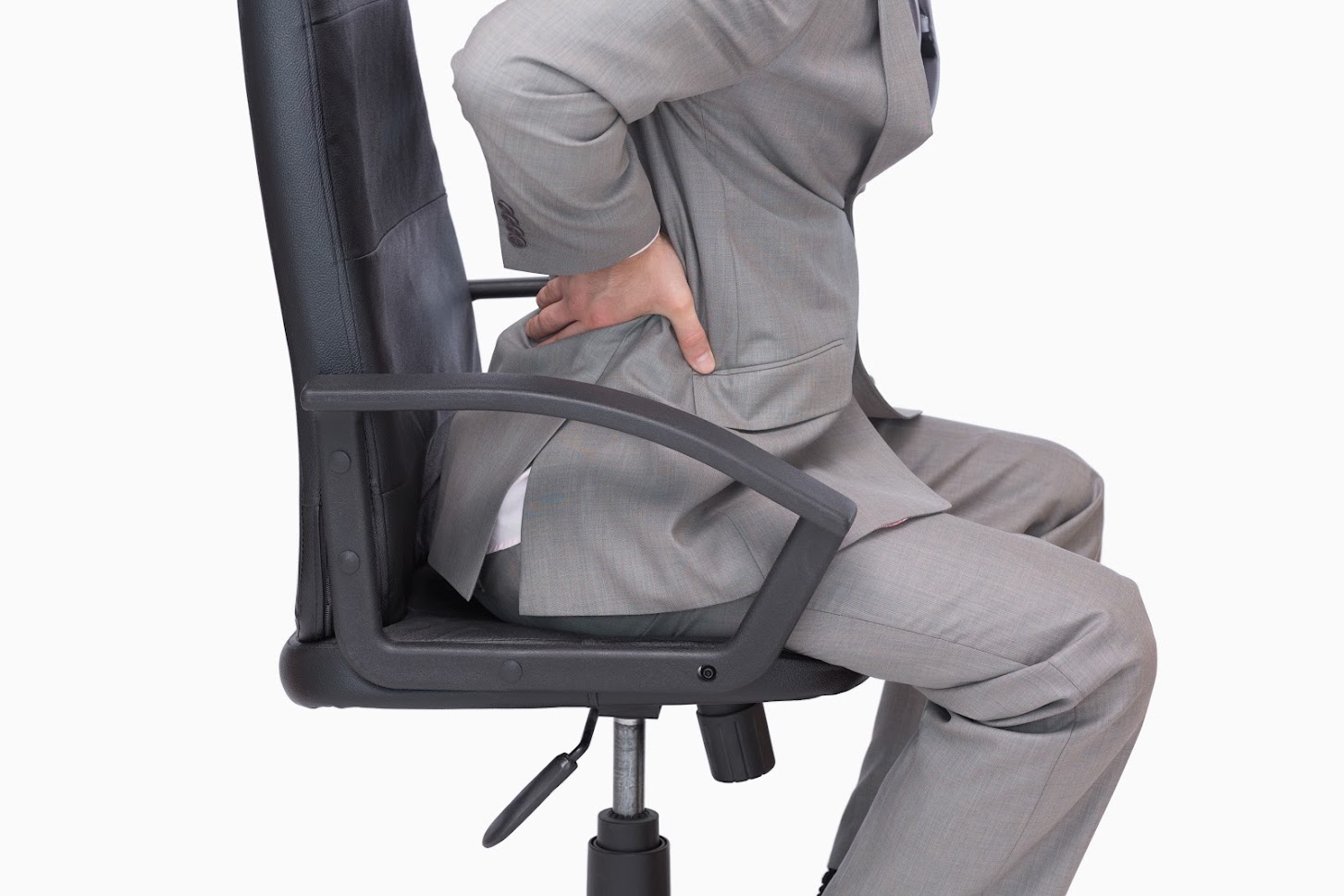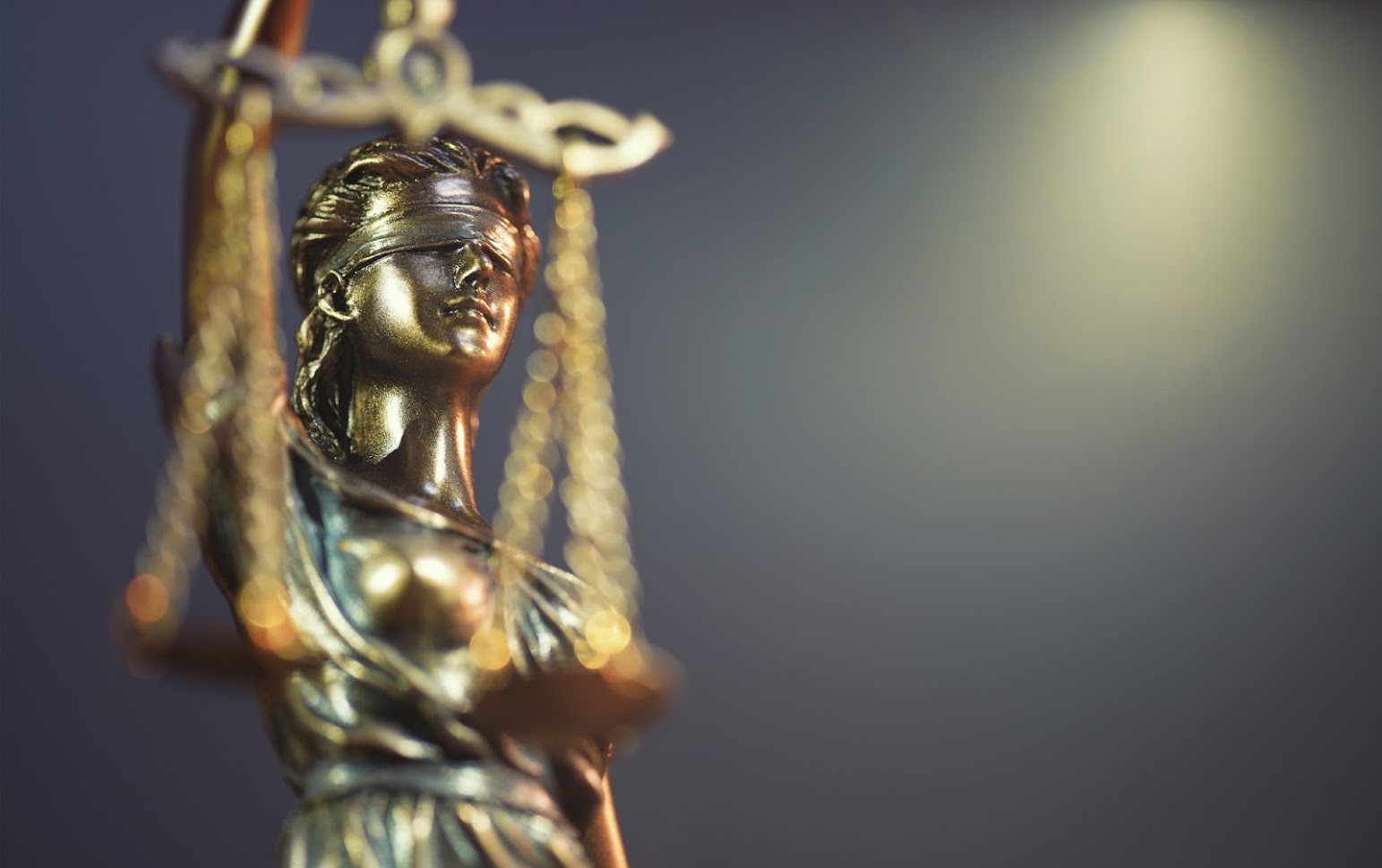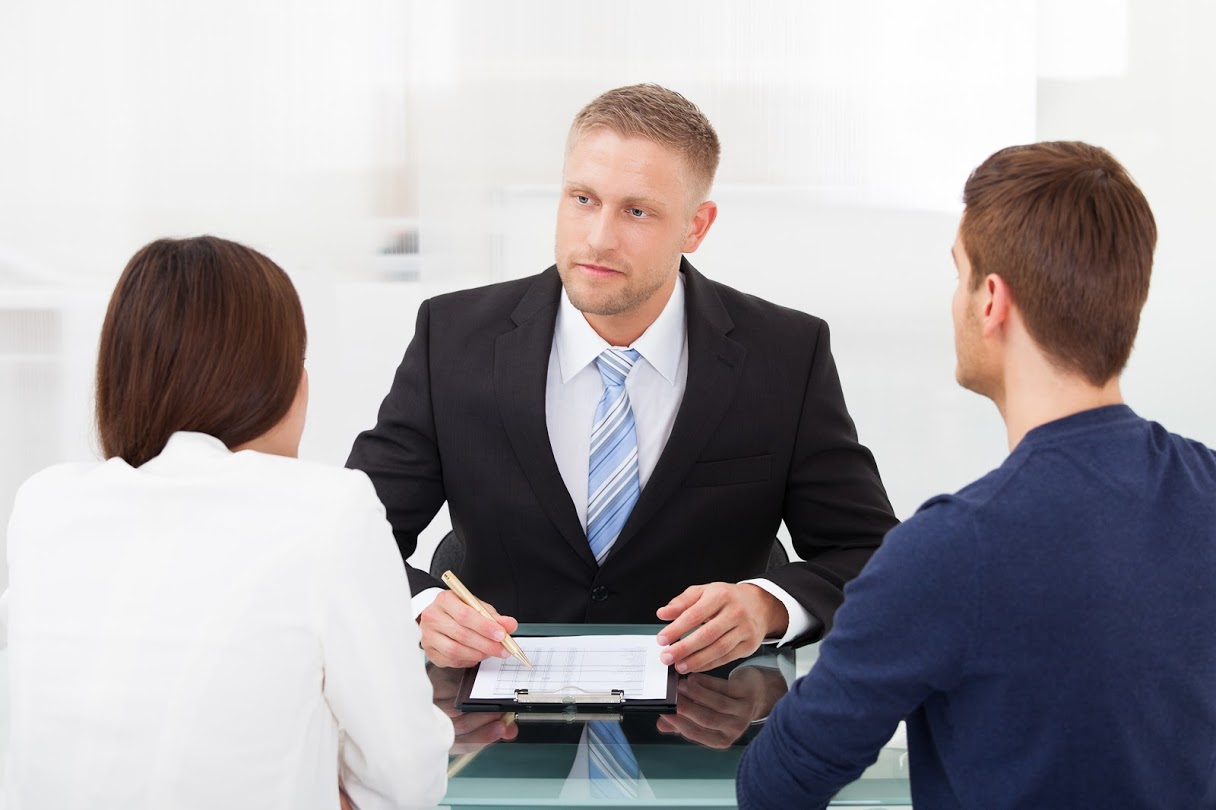You might think that nighttime is the safest time to drive because traffic is generally lighter and pedestrians are usually fewer. But this is usually not the case. The National Safety Council reveals that half (50%) of all fatal car crashes occur at night. Below are some reasons why driving gets more dreadful and potentially dangerous when the sun goes down.
1. Limited Visibility
Even if your headlights and the streetlights are at a high-beam setting, poor illumination and reduced field of vision will still make it difficult for you to see obstacles that can cause an accident.
You are unlikely to see traffic signs clearly or tell the distance between your car and other vehicles around you. Since driving after dark is sometimes unavoidable, learn some quick, time-tested tips that can help you improve your visibility.
Keep Your Lights, Windshield, and Windows Clean
Before you hit the road, take some time to clean your lights, windshield, and windows. If possible, clean both inside and out. This tip will help you avoid increased glare and condensation. Also, be sure to check if your lights work correctly.
Don’t Speed
When you drive after dark, you need to avoid speeding. The low speed will give you more time to assess the road ahead. You will also have more time to react to unexpected road situations.
Don’t Tailgate
Do not drive too closely behind other motorists at night. If you tailgate, you might be forced to only focus on the motorist in front of you. You will not easily see other cars, wildlife crossing, traffic signs, and other obstacles that can cause a crash.
Switch Off Your Interior Lights
If your interior lights are too bright, they could make it difficult for you to see what is ahead of you. Make sure to turn off or dim your interior lights before you start your journey.
2. Drowsy Driving
Driver fatigue or drowsiness can be a dangerous contributor to accidents during nighttime driving. Don’t drive at night if you are fatigued. If you feel sleepy while driving, you should pull over and get some rest. Turn on the radio, and roll down the windows. This can help you fight drowsiness.
If possible, make sure you have a friend or colleague who you can share the driving responsibilities with, especially if you plan to travel for long.
3. Impaired Drivers
Another factor that makes nighttime driving dangerous is impaired drivers. Avoid driving after taking alcohol or any other heavy medications that could cause drowsiness or other symptoms that could impair your judgment. Also, try as much as possible to avoid drivers who show signs of intoxication.
4. High-Beam Lights from Other Cars
Too much light from other cars can blind you at a crucial moment and create an opportunity for a deadly crash. Never stare directly at oncoming vehicles. If your eye is sensitive to light, invest in anti-glare night driving lenses. They can protect you from high-beam cars or street lights.
Ensure you keep these tips in mind when driving after sundown. If you observe the tips, you are likely to have a safe and accident-free after-dark driving experience. If the unfortunate happens and you get involved in an accident, you will need to speak an accident and personal injury attorney immediately.
A lawyer can help you sue the party at fault and get compensation for injuries and any other losses you incurred. If you have questions, concerns, or need legal advice that relates to accidents and personal injuries, do not hesitate to contact us. Our seasoned lawyers are ready to help you today.





